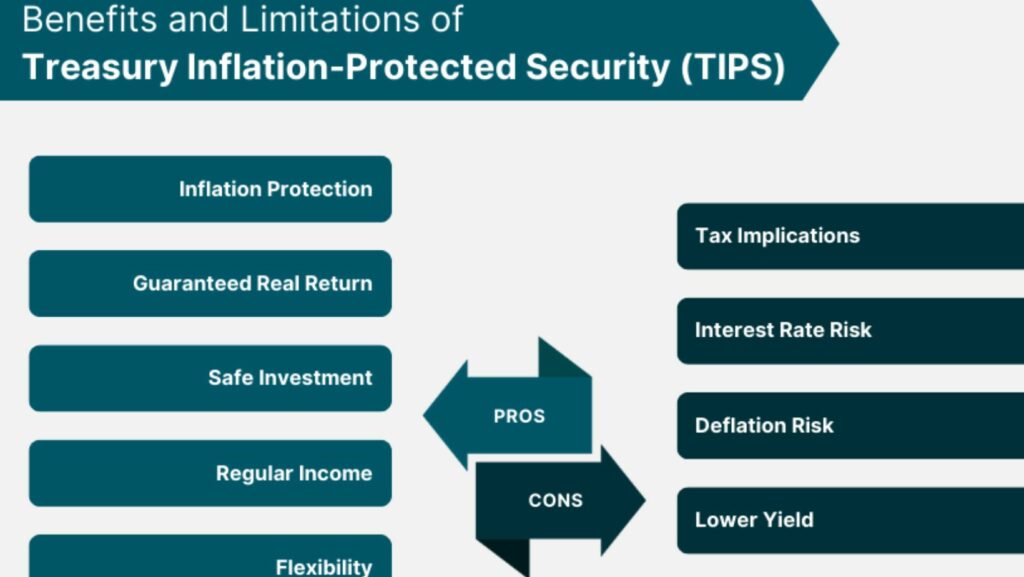In the realm of finance, investment operations often remain shrouded in mystery for the uninitiated. Yet, it’s an integral cog in the financial machine, powering wealth growth and economic progression. This article will shed light on the fascinating world of investment operations, providing a primer for those keen on understanding this complex yet crucial domain. So, let’s dive in and unravel the layers of investment operations, one concept at a time.
Investment Operations

Stepping into the vast realm of investment operations, one encounters multiple elements that together drive strategic investment decisions. From trade initiation to compliance checks and final settlement, each operation plays a critical role. Investment operations aren’t limited to mere buying and selling of assets. It extends to monitoring portfolio performances, processing investment transactions, and performing risk assessment.
Trade initiation for instance, marks the beginning of investment operations. The investor decides what to buy, when to buy it, and at what price. Beyond the decision-making phase, there’s regulatory compliance. This aspect involves ensuring that every transaction is in line with rules set by financial industry regulators.
After compliance, comes the settlement phase. Here, transactions are confirmed and asset ownership is transferred. Additionally, custodians play a key role in the process, safeguarding investors’ securities.
Lastly, there’s ongoing monitoring of portfolio performances. It’s crucial to assess how investments stand in comparison to market developments.
Understanding investment operations isn’t a one-time feat. It’s a process, where consistency in learning can aid in acing the art of investment strategy.
Challenges in Investment Operations

Investment operations face multiple constraints. Firstly, technology adoption poses a significant challenge. While it enhances efficiency, integrating new technologies may disrupt existing processes. Secondly, regulatory compliance arises as a constant hurdle. Investment firms must adhere strictly to regulations – and they change frequently, demanding constant vigilance. Thirdly, the issue of data accuracy surfaces. Precise, timely data is vital, yet errors sneak in, impacting decision making and potentially causing legal troubles. Fourthly, risk management plays a big part. Investment operations must guard against various risks, such as market volatility, cybersecurity threats, and operational failures. Lastly, the struggle to attract and retain top talent in the highly competitive finance sector is a considerable obstacle, affecting the quality of investment operations.
Trends Shaping the Future of Investment Operations
Technological advancements directly shape investment operations and contribute to essential improvements. For instance, Artificial Intelligence (AI) and Machine Learning (ML) drive automation, enhancing efficiency and accuracy in a data-intensive sector. They aid in risk assessments and trading decisions, handling large data volumes with speed and precision.

Regulatory technology, or RegTech, is gaining momentum too. It enables firms to address compliance issues more effectively. For example, RegTech streamlines regulatory reporting procedures, eases compliance burdens, and aids in fraud detection. Another trend is the use of Distributed Ledger Technology (DLT) or blockchain. It ensures transparency in transactions and reduces reconciliation needs. For instance, investors can quickly verify transactions, enhancing the overall efficiency.
The rise of the robo-advisors constitutes yet another development. These online platforms provide automated, algorithm-driven financial planning services with limited human supervision. The increasing popularity of these digital advisors reflects the ongoing digital transformation in the world of investment operations.
Best Practices for Efficient Investment Operations
Investment operations have evolved into a complex field, extending beyond mere asset transactions. It’s clear that the future of this sector lies in embracing technological advancements. AI and ML are at the forefront, driving automation for increased efficiency and accuracy. RegTech is streamlining compliance and aiding in fraud detection, proving itself to be more than a passing trend. DLT or blockchain is transforming transaction transparency, while robo-advisors are revolutionizing financial planning services. It’s evident that digital transformation is not just an option for investment operations—it’s a necessity. By adopting these innovative technologies, firms can navigate the complexities of investment operations and stay ahead in the competitive finance landscape.



